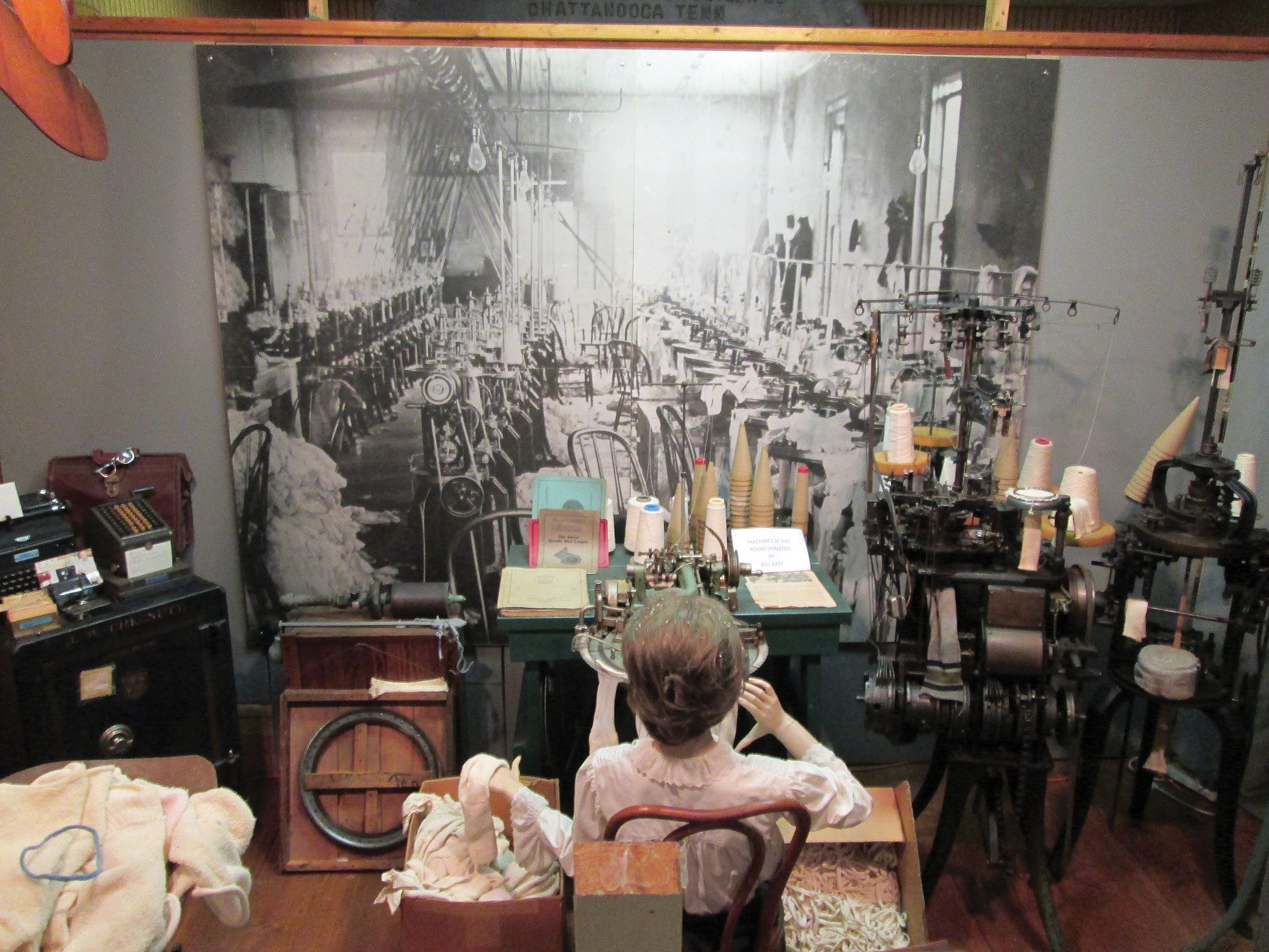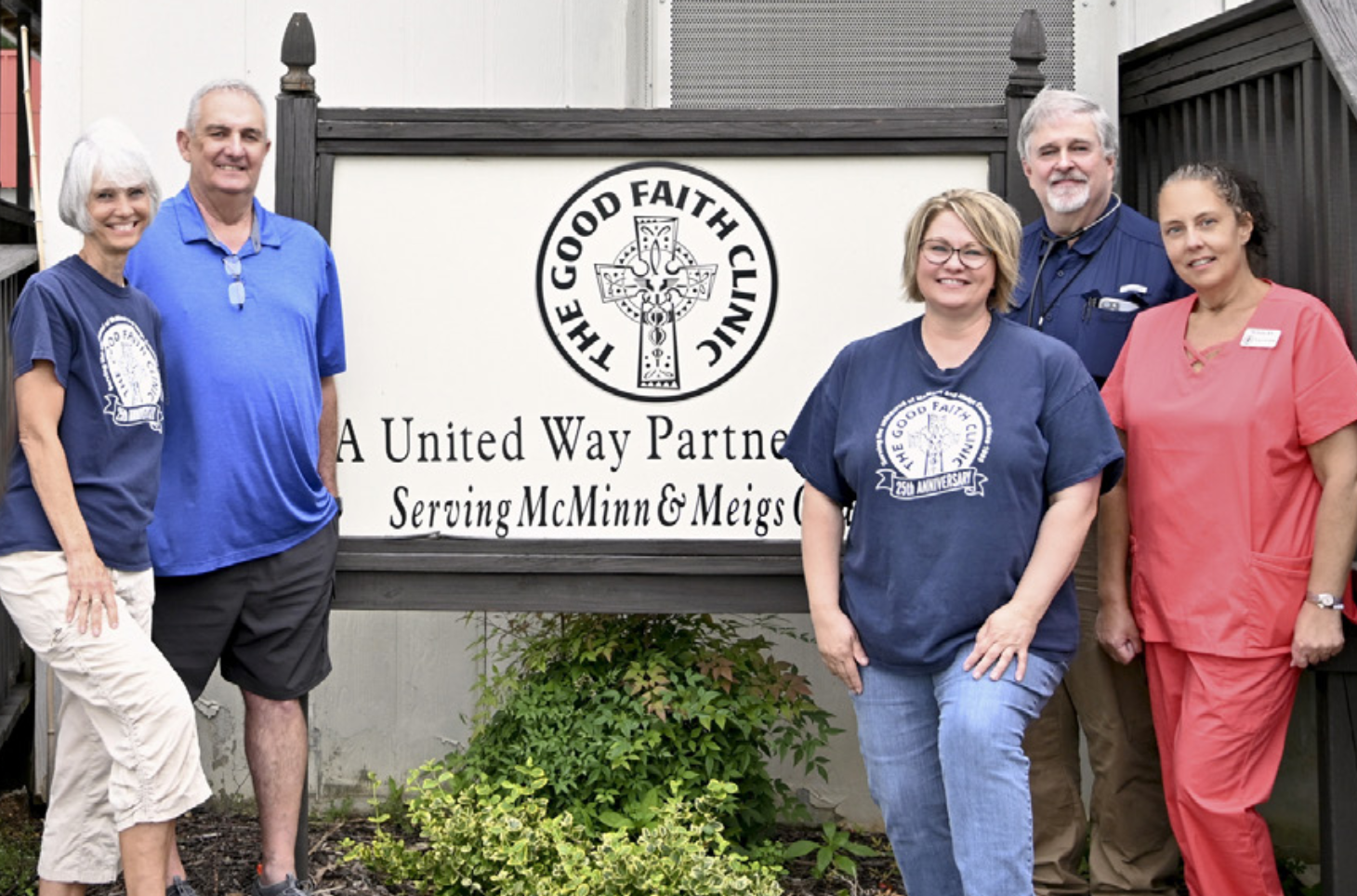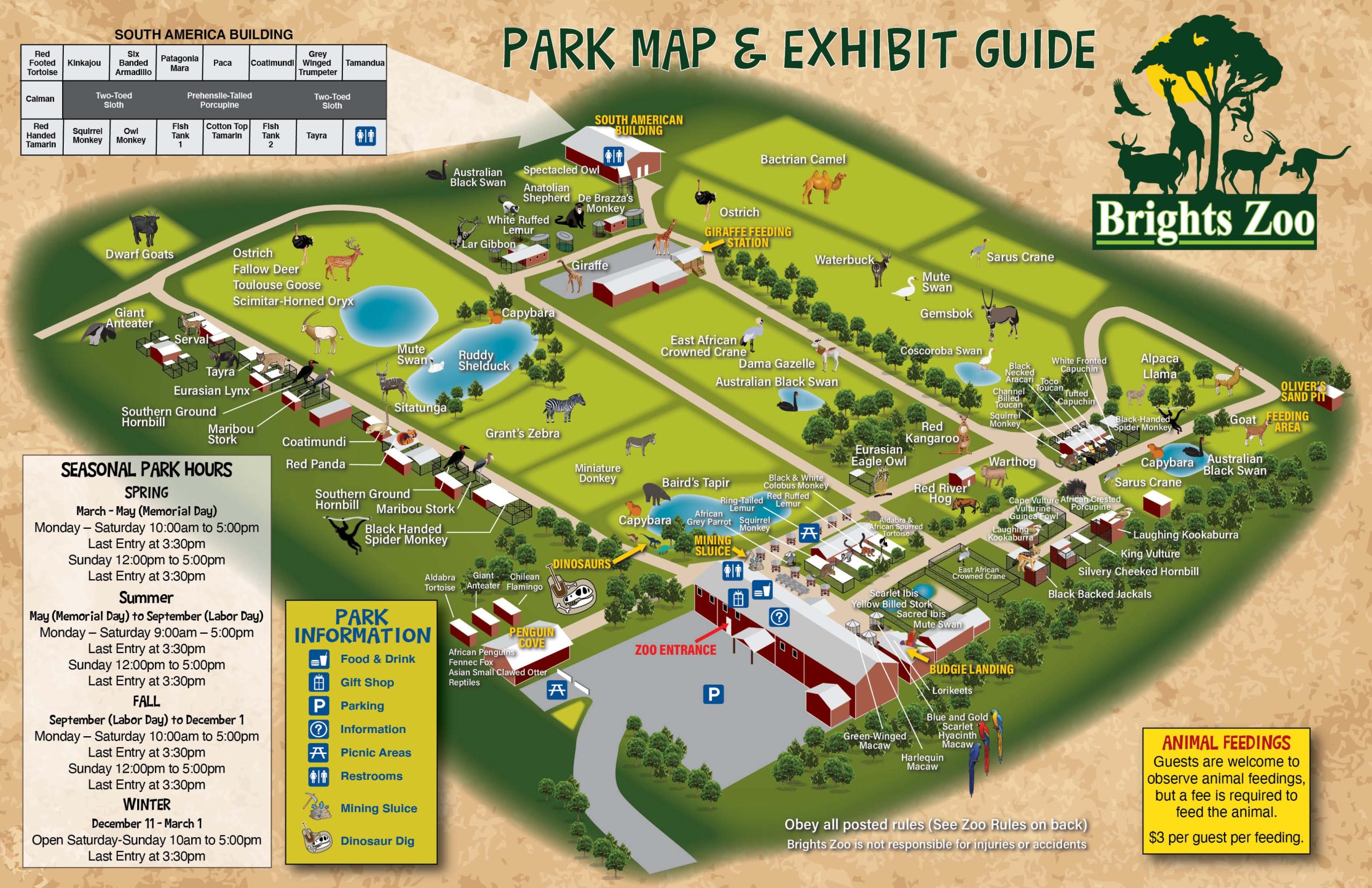In the 1890s, Nannie Chesnutt, the sister of Eureka Cotton Mill owner Sallie Brient, suggested that the town be renamed “Englewood” because the rolling hills surrounding the community reminded her of the “forests of Englewood” referenced in Robin Hood. The name change would prove to be fitting for the close-knit hamlet as over the next 120 years the small East Tennessee town would write a distinctive and eclectic history that would rival any fictional story.
Englewood’s history contains both heroes and heroines. The town’s legends are made up of courageous entrepreneurs who put it all on the line to make better lives for their families, rugged individuals who believed in hard work and self-reliance, bold citizens who demanded reform, brave patriots who fought for freedom and many inimitable characters who were simply one-of-a-kind. One such individual was Howard Goodin, who made national news and even earned a record in the World Almanac by sitting in a tree for forty-five days without coming down. Another groundbreaker was Mary Ellen “Ma” Brendle who, in 1940, was Englewood’s, and perhaps Tennessee’s, first female mayor. She pledged to end the town’s staggering debt and fulfilled her campaign promise by the close of her term. Astor Bloom also left his mark. As a wealthy railroad investor, Astor left a sizeable fund to the Town of Englewood when he died in 1944 to provide clothing for needy children each Christmas. The fund is still clothing children to this day, and in keeping with Astor’s wishes, each article of clothing given away has a card in memory of his mother that reads “By Martha A. Bloom, in Jesus Name”.
These stories and many more pieces of Englewood’s remarkable history are housed in the Englewood Textile Museum. Founded by the Community Action Group of Englewood in 1994, the institution originally focused solely on Englewood’s textile industry and the strong, independent women who were at its core. While much emphasis remains on textiles and how the industry shaped the town, CAGE has expanded the museum’s scope to include the histories of Englewood’s businesses, churches and the former Englewood High School. The museum has been expanded three times and now includes “The Chesnutt House”, which is the only remaining home of Englewood’s earliest textile mill owners and is on the National Register of Historic Places. The Chesnutt House displays exhibits on local war heroes, the town’s founding families and wedding dresses throughout the twentieth century.
Those visiting the Englewood Textile Museum will find themselves immersed in the history of a proud people. The accounts they hear will be those of good times and bad, of overcoming great odds and of triumph and defeat. They will experience the story of small-town America, the story of Englewood.







